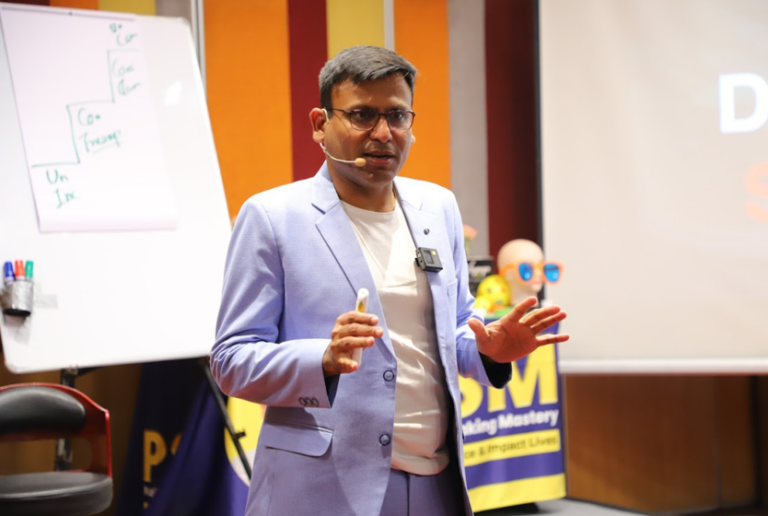In our daily lives, we make several decisions about where we are, who is around us, and with whom and why we communicate.
We learn social communication directly (like being told to say “please” when asking for something) as we grow and through experience. Social Communication is the ability to decide what to say and when to say it.
It is not just about the words but the tone, body language, and the ability to listen and respond effectively.
Mastering it helps to understand the differences in communication and improves face-to-face interactions, phone conversations, and digital communications like email and social media.
Here are the various ways in which you can improve your Social Communication skills:-
-
Active Listening:
Effective Social Communication starts with listening, not speaking. Pay attention, fully focus on the speaker both verbally and nonverbally, and avoid interrupting. Instead, allow the speaker to express their thoughts completely before responding.
Demonstrate your understanding by asking follow-up and clarifying questions to encourage further discussion. Then, paraphrase or summarise everything to show that you have completely understood the speaker’s message. Try to understand the speaker’s perspective and emotions.
-
Maintain Authenticity and Positivity:
Authenticity is crucial in Social Communication. Be genuine and true to yourself, and let your real self shine through. Have a positive attitude and outlook, and trust me, it can make a big difference in your social communication.
Smiling and using an uplifting tone can make interactions smoother and more enjoyable. Be open to new experiences and embrace diversity and different perspectives. Being approachable and friendly will make this journey much easier.

-
Master Non-Verbal Communication:
Non-verbal communication plays a crucial role in social communication. Maintain eye contact to show engagement and attentiveness. Use open body language and face the person you are speaking with.
But mastering your facial expressions is just as important. Ensure your expressions match your message. Your Facial expressions should always align with your words to avoid miscommunication.
Ensure your hand gestures match what you are saying and use them effectively during your presentation or speech. However, be mindful of overusing them, as excessive gestures may become distracting and leave a bad impression.
-
Clear and Concise Communication:
Choose your words carefully. Using precise language is very important. Avoid unnecessary jargon or ambiguity. Speak at an appropriate pace and volume. These techniques will ensure that your message is easily understood.
Your communication style should be tailored and articulated according to the context. Be direct and straight to the point while also adapting your communication style.
Understanding the situation by being clear and concise will surely enhance your social communication skills. Clarity in your speech or message not only prevents misunderstandings or miscommunication but also builds credibility and trust.
-
Practice and Observe:
You become a great communicator through practice and determination. So engage in conversations regularly to adapt to various conversations, observe the skilled communicators to learn the tricks, and refine your social communication skills over time.
Joining Public speaking groups and practising storytelling will help you boost your confidence and give you practical experience in having good conversations. Implementing these practices in your communication styles will refine your skills.
Social Communication is a vital skill that establishes success in personal and professional life, whether in day-to-day conversations or workplace meetings. Mastering these techniques is an ongoing process that requires consistent efforts, dedication, and self-awareness.
This can be your door to several opportunities, whether you want to create a name in this field or build a lasting relationship. Improving your social communication is a continuous process that requires your constant efforts.
Actively listening to what your audience is saying, being authentic and maintaining positivity while conversing, mastering the art of Non-verbal communication, Using Clear and concise communication, practising the above various practices, and observing the professionals at their art will help you immensely elevate your Social communication skills. Developing your Emotional intelligence, adaptability, and temper control will further refine and improve your skills.




